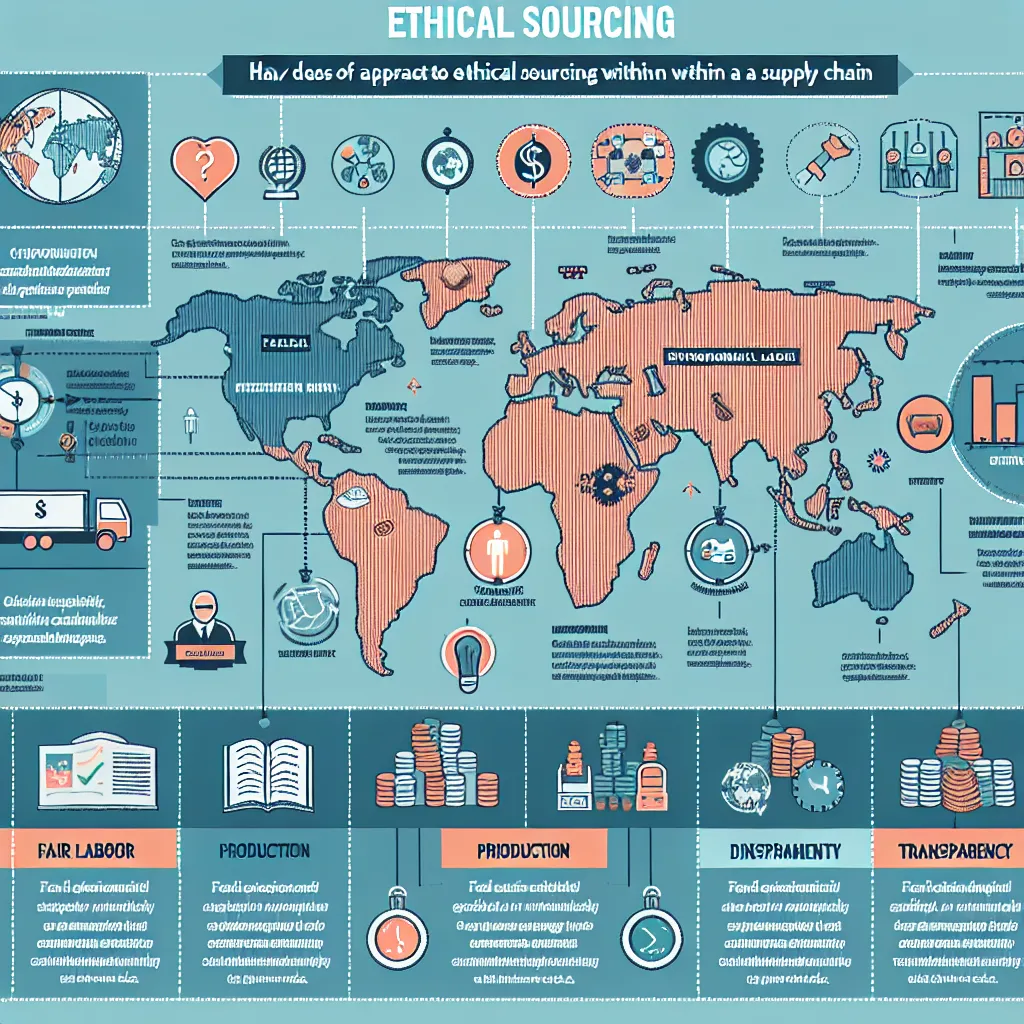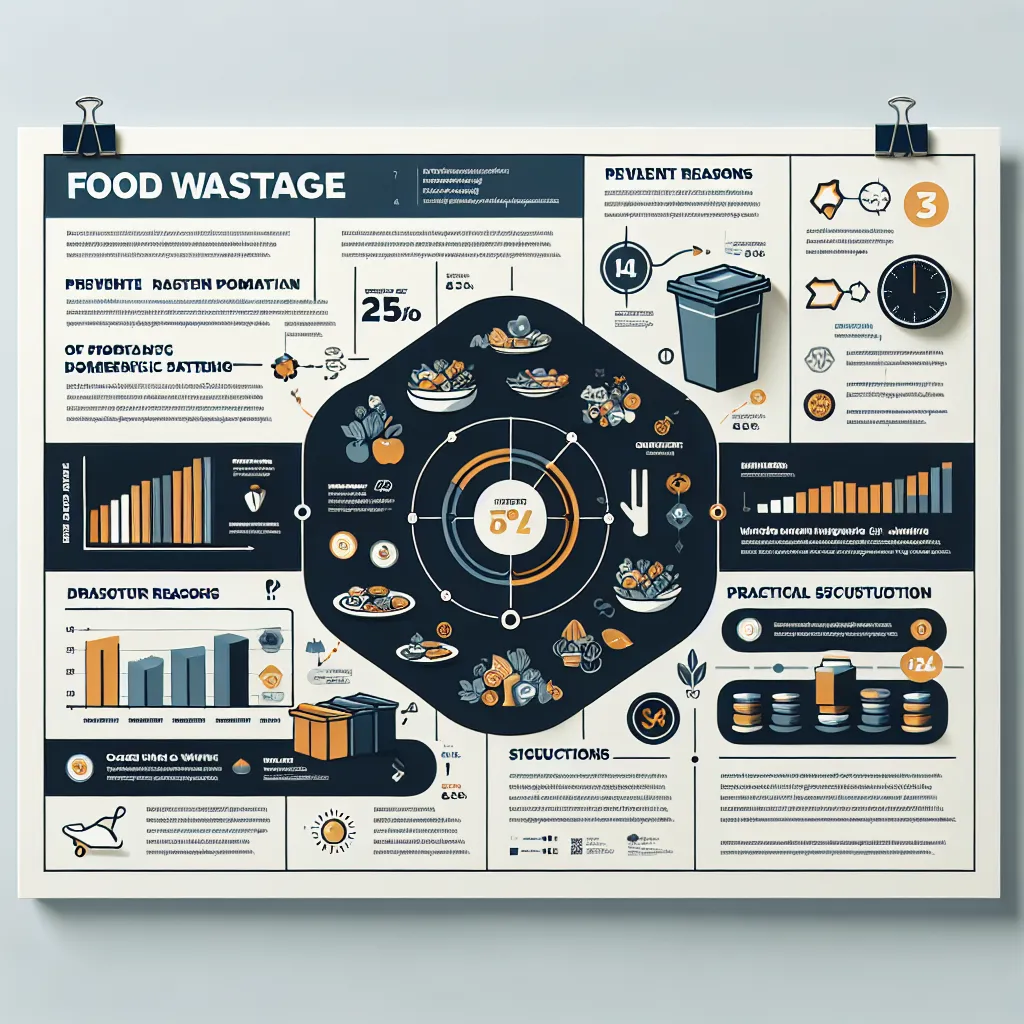Ethical sourcing in supply chains has become an increasingly important topic in recent years, reflecting growing concerns about sustainability, fair labor practices, and corporate social responsibility. This subject has appeared in various forms in IELTS Writing Task 2 prompts, and its relevance is likely to continue in future exams. Let’s explore this topic through the lens of IELTS preparation, focusing on how to effectively address questions related to ethical sourcing in supply chains.
Nội dung bài viết
Based on past IELTS exams and current global trends, we can expect to see questions that touch on various aspects of ethical sourcing. Here’s an example of a relevant IELTS Writing Task 2 prompt:
Some people believe that companies should be required to operate in an environmentally and socially responsible manner. Others argue that businesses should focus solely on making profits. Discuss both views and give your own opinion.
Analyzing the Question
This question directly relates to the concept of ethical sourcing in supply chains, albeit in a broader context of corporate responsibility. Let’s break down the key elements:
- Two opposing views are presented:
- Companies should operate responsibly (environmentally and socially)
- Companies should focus only on profits
- The task requires you to discuss both perspectives
- You need to provide your own opinion
The challenge here is to address both viewpoints while clearly articulating your stance on the issue. This question allows you to explore the importance of ethical sourcing as part of a company’s social and environmental responsibility.
Sample Essay (Band 7-8)
In today’s globalized economy, the debate over corporate responsibility versus profit-driven business models has gained significant traction. While some argue that companies should prioritize ethical and sustainable practices, others contend that the primary focus should remain on financial gains. This essay will examine both perspectives before presenting my own viewpoint on this complex issue.
Proponents of corporate responsibility argue that businesses have a moral obligation to operate in an environmentally and socially responsible manner. They contend that companies benefit from society’s resources and infrastructure, and therefore should contribute positively to the communities and environments in which they operate. For instance, implementing ethical sourcing practices in supply chains can help prevent labor exploitation and reduce environmental degradation. This approach not only benefits society but can also enhance a company’s reputation, potentially leading to increased customer loyalty and long-term profitability.
On the other hand, those who advocate for a profit-centric approach argue that the primary purpose of a business is to generate returns for its shareholders. They claim that by focusing solely on profitability, companies can maximize efficiency and innovation, ultimately contributing to economic growth and job creation. This perspective suggests that ethical considerations may hinder a company’s competitiveness in a cutthroat global market.
In my opinion, while profitability is undoubtedly crucial for a business’s survival and growth, it should not come at the expense of ethical and sustainable practices. I believe that companies can and should strive to balance financial success with social and environmental responsibility. By integrating ethical sourcing into their supply chains, businesses can mitigate risks, improve product quality, and build stronger relationships with stakeholders. Moreover, as consumers become increasingly conscious of corporate behavior, companies that prioritize responsibility are likely to gain a competitive edge in the long run.
In conclusion, while the debate between corporate responsibility and profit maximization continues, I firmly believe that the two are not mutually exclusive. Companies that successfully integrate ethical practices, including responsible sourcing, into their business models are better positioned to thrive in an evolving global marketplace where sustainability and social responsibility are increasingly valued.
(Word count: 329)
 Ethical Sourcing in Supply Chain
Ethical Sourcing in Supply Chain
Sample Essay (Band 6-7)
In the business world today, there is a big debate about whether companies should focus on being responsible or just making money. Some people think businesses should care about the environment and society, while others say profit is the most important thing. I will discuss both sides and give my opinion.
Those who support responsible business practices say that companies should care about more than just money. They believe that businesses use resources from society and should give back. For example, companies can use ethical sourcing in their supply chains to protect workers and the environment. This can make customers like the company more and maybe even buy more products.
On the other hand, some people think businesses should only care about making profits. They say that this is the main job of a company and that it helps the economy grow and create jobs. They worry that thinking too much about being ethical might make it hard for companies to compete with others.
I think that both making money and being responsible are important for businesses. Companies need to make profits to survive, but they should also care about doing the right thing. When companies use ethical sourcing, they can avoid problems and make better products. Also, many customers today want to buy from companies that care about being good to people and the environment.
In conclusion, I believe that businesses can make money and be responsible at the same time. Companies that do both are more likely to be successful in the long run because more people care about these issues now.
(Word count: 261)
Key Considerations When Writing
-
Understanding the prompt: Ensure you fully grasp the question and address all parts of it. In this case, discuss both viewpoints and provide your opinion.
-
Structure: Use a clear structure with an introduction, body paragraphs (discussing each viewpoint), and a conclusion. The higher band essay demonstrates a more sophisticated structure with smoother transitions between ideas.
-
Vocabulary: Use a range of vocabulary related to business, ethics, and the environment. The Band 7-8 essay uses more advanced terms and phrases compared to the Band 6-7 essay.
-
Grammar: Employ a variety of sentence structures and tenses. The higher band essay shows more complex sentences and better use of cohesive devices.
-
Examples: Provide relevant examples to support your points. Both essays mention ethical sourcing in supply chains as an example, but the Band 7-8 essay elaborates on this more effectively.
-
Coherence and Cohesion: Ensure your ideas flow logically. The Band 7-8 essay demonstrates better paragraph and idea linkage.
-
Task Response: Fully address the prompt and provide a clear opinion. Both essays do this, but the Band 7-8 essay offers a more nuanced perspective.
Key Vocabulary to Remember
-
Ethical sourcing (noun phrase) – /ˈeθɪkəl ˈsɔːsɪŋ/ – The process of ensuring that the products being sourced are created in safe facilities with responsible labor practices.
-
Corporate social responsibility (noun phrase) – /ˈkɔːpərət ˈsəʊʃəl rɪˌspɒnsəˈbɪləti/ – A company’s commitment to manage the social, environmental and economic effects of its operations responsibly.
-
Sustainability (noun) – /səˌsteɪnəˈbɪləti/ – The ability to maintain or support a process continuously over time.
-
Supply chain (noun phrase) – /səˈplaɪ tʃeɪn/ – The network between a company and its suppliers to produce and distribute a specific product.
-
Stakeholders (noun) – /ˈsteɪkhəʊldəz/ – Parties that have an interest in a company and can either affect or be affected by the business.
-
Labor exploitation (noun phrase) – /ˈleɪbər ˌeksplɔɪˈteɪʃən/ – The act of using workers unfairly for one’s own advantage.
-
Environmental degradation (noun phrase) – /ɪnˌvaɪrənˈmentl ˌdegrəˈdeɪʃən/ – The deterioration of the environment through depletion of resources and destruction of ecosystems.
-
Competitive edge (noun phrase) – /kəmˈpetətɪv edʒ/ – An advantage that one company has over its competitors.
In conclusion, questions related to ethical sourcing and corporate responsibility are likely to appear in future IELTS Writing Task 2 prompts. To prepare effectively, practice writing essays on related topics such as:
- The role of government in regulating business ethics
- The impact of consumer choices on corporate behavior
- Balancing economic growth with environmental protection
- The challenges of implementing ethical practices in global supply chains
By familiarizing yourself with these topics and practicing your essay writing skills, you’ll be better prepared to tackle similar questions in your IELTS exam. Remember to focus on clear structure, relevant examples, and a well-articulated personal opinion while addressing all aspects of the prompt.


